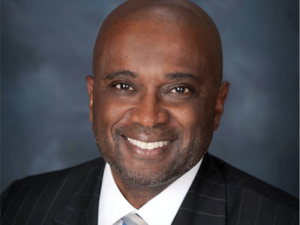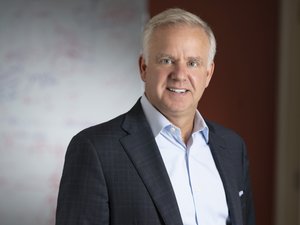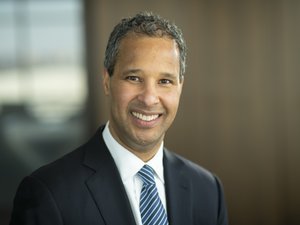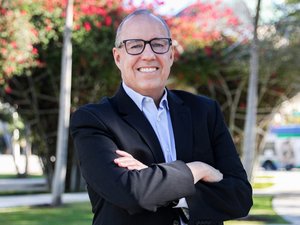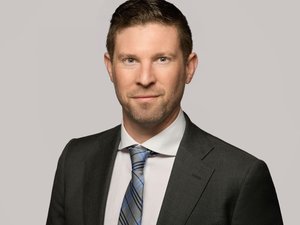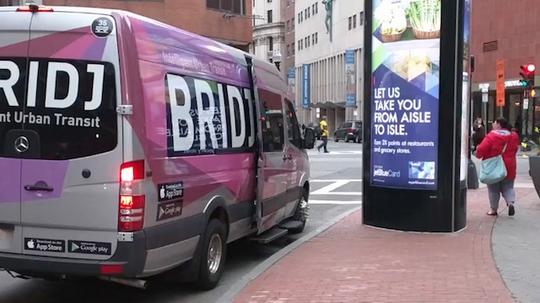
"Our first product focuses on providing more efficient urban mass transit in Boston, Washington DC, and Kansas City," Bridj's website declares.
The company is keeping quiet about what its second product may be--as quiet as a company can be that has an indeterminate number of buses on the streets of three cities, emblazoned with its name in purple, pink and white.
"What we've released to the public...is a pretty small part of what we work on here," George told me in an interview at their headquarters in Boston. Here's the video, which we posted to Facebook a week ago:
Bridj's buses run on pre-determined routes set by an analysis of where commuters live, where they need to go and where they're not being served by existing public transit. This is what Bridj calls "smart transit." Fares range from $1.50 to $7. For now Bridj's DC service runs between Petworth and a trio of downtown districts--Foggy Bottom, Farragut Square and Metro Center. (Its Boston footprint is similarly limited.)
This, for now, is founder Matt George's version of the future of urban transportation. He won't say how much money his company has raised to make it a reality, or say much about what its plans for the future are. But in the Metropocalypse reality of Washington DC and the Uberless free-for-all that's descended on Austin, it's starting to look like a very plausible alternatives.
Venture capital is a "bullshit vanity metric," George told me, but he was willing to talk about Bridj's unit economics. Its average user is on the service 16 to 22 times a month, with average revenue per user of $85, he said.
To put that into context, the average Amazon customer in 2015 spent about $29 a month (304M customers, $107B revenue, source). Among frequent Uber users, the median spend is $95 a month, according to one estimate.
In the video, George bristles at the comparison to Uber.
"There's a huge disconnect between some parts of the technology community and the rest of the world. I mean we have billions of people moving to cities for the first time," he said. "If we don't figure this out relatively quickly...mass human extinction."
As for new technologies, like self-driving cars or electric cars, those aren't going to solve our problems and they aren't going to make transportation cheaper.
"I think that's a poorly thought-out dream," he said. "Sexy technologies like electric cars and autonomous vehicles...I'll give you the same example: How are we going to move 1.5 million people who take public transportation in the city of Boston?"
Meanwhile, the prices of oil and steel will continue going up--and so will the price of your ride to and from work, he predicts.
